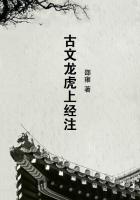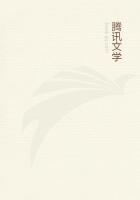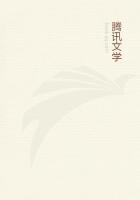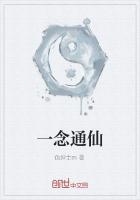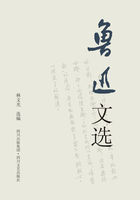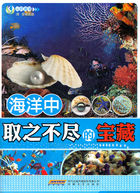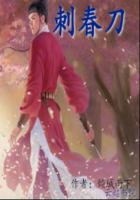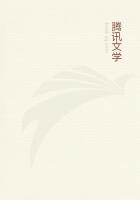Manias among mediocrats often run in couples.Gourdon junior gave birth to his poem during the reign of Napoleon.That fact is sufficient to show the sound and healthy school of poesy to which he belonged; Luce de Lancival, Parny, Saint-Lambert, Rouche, Vigee, Andrieux, Berchoux were his heroes.Delille was his god, until the day when the leading society of Soulanges raised the question as to whether Gourdon were not superior to Delille; after which the clerk of the court always called his competitor "Monsieur l'Abbe Delille," with exaggerated politeness.
The poems manufactured between 1780 and 1814 were all of one pattern, and the one which Gourdon composed upon the Cup-and-Ball will give an idea of them.They required a certain knack or proficiency in the art.
"The Chorister" is the Saturn of this abortive generation of jocular poems, all in four cantos or thereabouts, for it was generally admitted that six would wear the subject threadbare.
Gourdon's poem entitled "Ode to the Cup-and-Ball" obeyed the poetic rules which governed these works, rules that were invariable in their application.Each poem contained in the first canto a description of the "object sung," preceded (as in the case of Gourdon) by a species of invocation, of which the following is a model:--
I sing the good game that belongeth to all, The game, be it known, of the Cup and the Ball;
Dear to little and great, to the fools and the wise;
Charming game! where the cure of all tedium lies;
When we toss up the ball on the point of a stick Palamedus himself might have envied the trick;
O Muse of the Loves and the Laughs and the Games, Come down and assist me, for, true to your aims, I have ruled off this paper in syllable squares.
Come, help me--
After explaining the game and describing the handsomest cup-and-balls recorded in history, after relating what fabulous custom it had formerly brought to the Singe-Vert and to all dealers in toys and turned ivories, and finally, after proving that the game attained to the dignity of statics, Gourdon ended the first canto with the following conclusion, which will remind the erudite reader of all the conclusions of the first cantos of all these poems:--
'Tis thus that the arts and the sciences, too, Find wisdom in things that seemed silly to you.
The second canto, invariably employed to depict the manner of using "the object," explaining how to exhibit it in society and before women, and the benefit to be derived therefrom, will be readily conceived by the friends of this virtuous literature from the following quotation, which depicts the player going through his performance under the eyes of his chosen lady:--
Now look at the player who sits in your midst, On that ivory ball how his sharp eye is fixt;
He waits and he watches with keenest attention, Its least little movement in all its precision;
The ball its parabola thrice has gone round, At the end of the string to which it is bound.
Up it goes! but the player his triumph has missed, For the disc has come down on his maladroit wrist;
But little he cares for the sting of the ball, A smile from his mistress consoles for it all.
It was this delineation, worthy of Virgil, which first raised a doubt as to Delille's superiority over Gourdon.The word "disc," contested by the opinionated Brunet, gave matter for discussions which lasted eleven months; in fact, until Gourdon the scientist, one evening when all present were on the point of getting seriously angry, annihilated the anti-discers by observing:--
"The moon, called a DISC by poets, is undoubtedly a ball."
"How do you know that?" retorted Brunet."We have never seen but one side."
The third canto told the regulation story,--in this instance, the famous anecdote of the cup-and-ball which all the world knows by heart, concerning a celebrated minister of Louis XVI.According to the sacred formula delivered by the "Debats" from 1810 to 1814, in praise of these glorious words, Gourdon's ode "borrowed fresh charms from poesy to embellish the tale."
The fourth canto summed up the whole, and concluded with these daring words,--not published, be it remarked, from 1810 to 1814; in fact, they did not see the light till 1824, after Napoleon's death.
'Twas thus that I sang in the time of alarms.
Oh, if kings would consent to bear no other arms, And people enjoyed what was best for them all, The sweet little game of the Cup and the Ball, Our Burgundy then might be free of all fear, And return to the good days of Saturn and Rhea.
These fine verses were published in a first and only edition from the press of Bournier, printer of Ville-aux-Fayes.One hundred subscribers, in the sum of three francs, guaranteed the dangerous precedent of immortality to the poem,--a liberality that was all the greater because these hundred persons had heard the poem from beginning to end a hundred times over.
Madame Soudry had lately suppressed the cup-and-ball, which usually lay on a pier-table in the salon and for the last seven years had given rise to endless quotations, for she finally discovered in the toy a rival to her own attractions.
As to the author, who boasted of future poems in his desk, it is enough to quote the terms in which he mentioned to the leading society of Soulanges a rival candidate for literary honors.
"Have you heard a curious piece of news?" he had said, two years earlier."There is another poet in Burgundy! Yes," he added, remarking the astonishment on all faces, "he comes from Macon.But you could never imagine the subjects he takes up,--a perfect jumble, absolutely unintelligible,--lakes, stars, waves, billows! not a single philosophical image, not even a didactic effort! he is ignorant of the very meaning of poetry.He calls the sky by its name.He says 'moon,'

